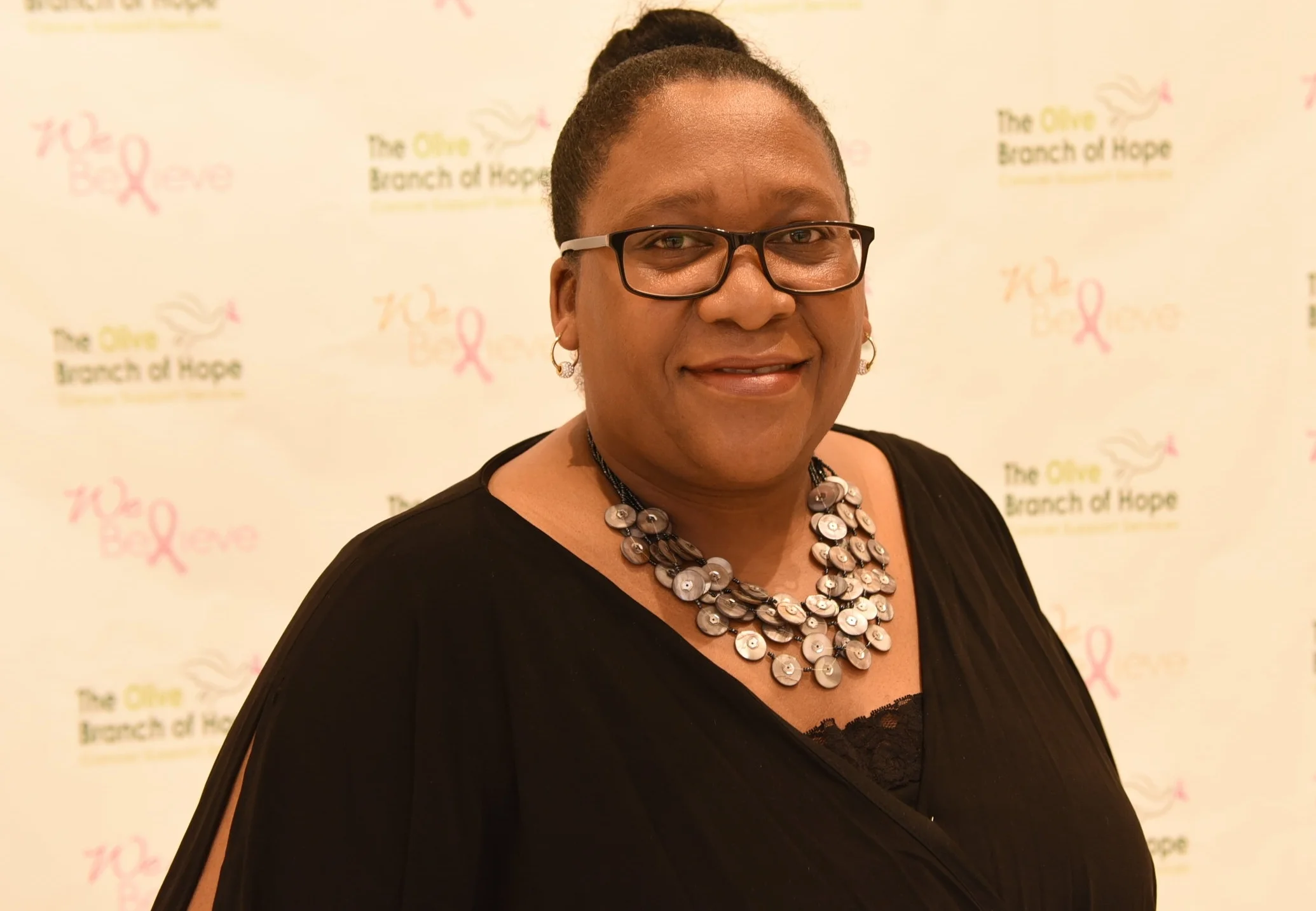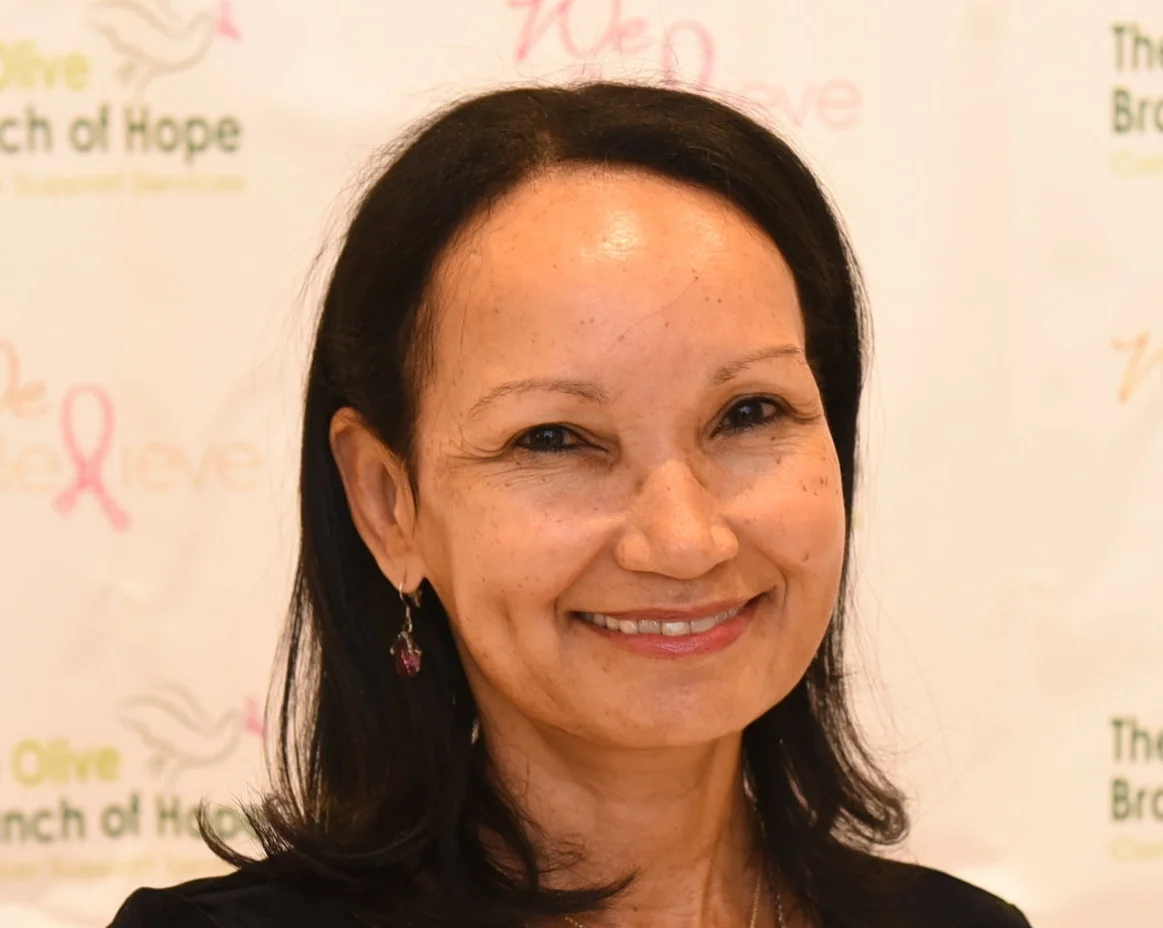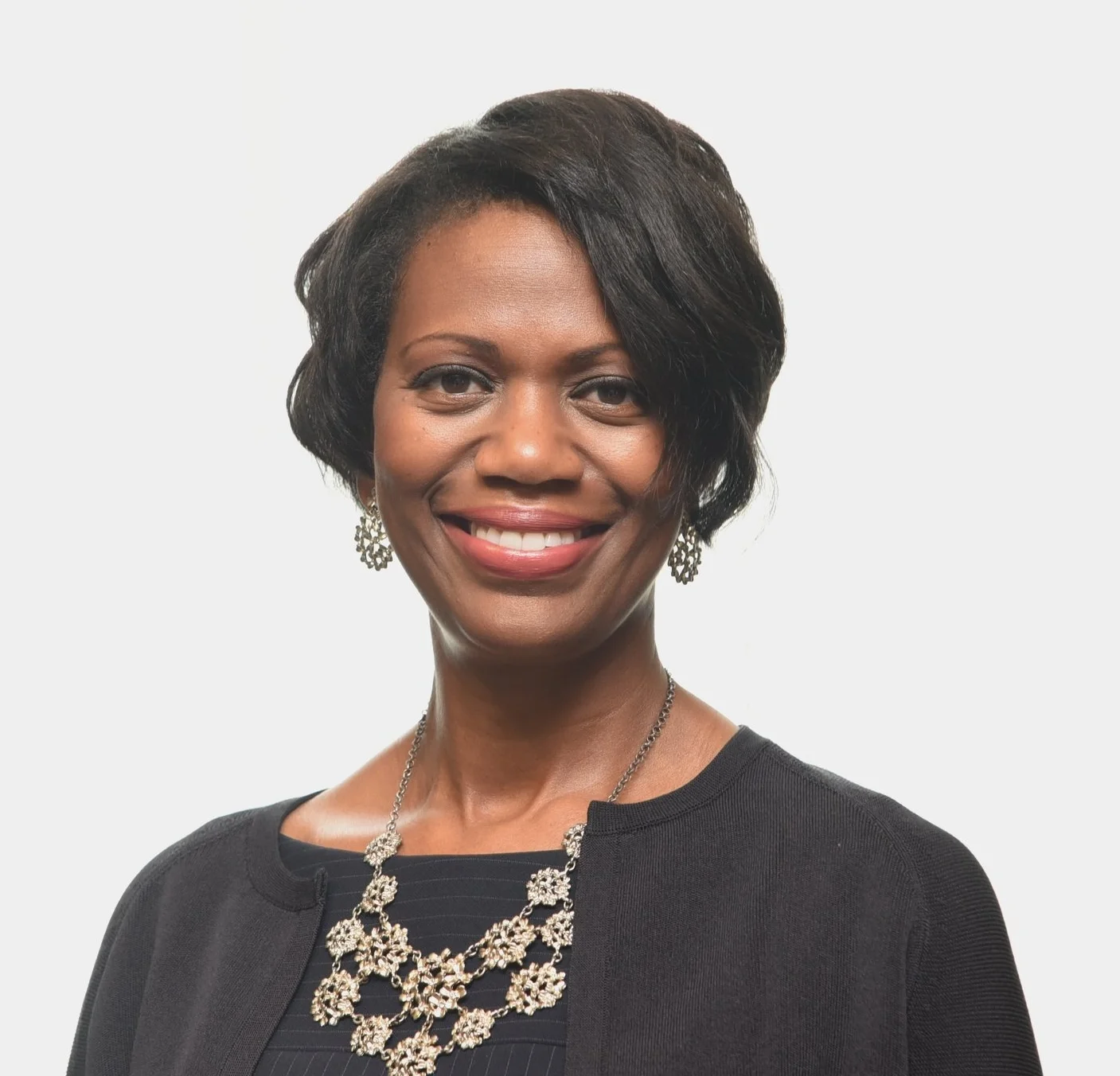Jennifer Bernard on a mission to ensure under-served groups get equal access to health care service
February 3, 2022
Very early in her tenure as Women’s College Hospital Foundation (WCHF) President & Chief Executive Officer (CEO), Jennifer Bernard realized there was a paucity of specialized programs for women of colour.
“Despite the progress we have made, there is still bias in the system,” she said. “I understand that there is a disparity between men and women and that hospitals are very much geared to men’s needs. Black and Indigenous people are almost completely invisible and this shows up when you see there’s something stopping people from either seeking or getting care. When they get there, we need people that are trained to deal with them and things that are at the research and care levels.”
Since assuming the leadership role in August 2018, Bernard has been very proactive in ensuring that under-served groups get equal access to health care services.
In March 2020, she launched the Emily Stowe Society to help support students with an interest in research.
Women’s rights activist Dr. Emily Stowe, Canada’s second licensed female physician, was instrumental in launching WCH that’s emerged as a shining example of revolutionary healthcare.
Bernard also established a scholarship award program to attract more researchers, primarily women and racialized people to do research focused on their communities that can then be scaled nationally.
“My funds go specifically to helping primarily Black and Indigenous students which are the two main groups we are trying to increase the numbers,” she pointed out. “We are also going to start a program for high school students because we know we have to get them even earlier. Everybody doesn’t have to be a doctor. We need people in every area of health care, but the paucity in research is of concern as there are so few. Only 28 per cent of researchers are women and literally a fraction of those are racialized.”
In January 2021, Bernard joined British Columbia’s Women’s Health Foundation President and CEO Genesa Greening and Royal Alexandra Hospital Foundation President and CEO Sharlene Rutherford to establish Women’s Health Collective Canada (WHCC), the first alliance of women’s health foundations in Canada. Their goal is to eliminate inequities by raising awareness about the specific health needs of women throughout their lives and increasing the fundraising dollars directed specifically to women’s health and research.
“This collective is trying to do what each of our individual hospitals are doing in our respective areas,” Bernard noted. “Our dream is to educate women about the unique needs women have in health care and make them advocate for themselves. A lot of women don’t know what they don’t know about their own health. The big piece is to do research that focuses on women’s health across Canada that can be used in every jurisdiction. Very little government funding is directed towards women’s health, so we need the philanthropic community to help generate funding for the things that are being overlooked in women’s health. We are really focussing on women that are disproportionately left out of health care because health care right now is focussed on a very small margin of women that is primarily city dwelling affluent White women. What we are endeavouring to do is bring together all the women’s hospitals, all the women’s programs across the country, raising money together and fuelling research that is going to move the dial on women’s health.”
With breast cancer being the most common among women, Bernard is concerned that Black women are missing screening appointments.
She said WCH is seeing far too many with advanced cancers.
“We know that because of COVID, many Black women and women generally have missed their cancer-screening appointments,” Bernard said. “Breast cancer is the leading form of death by cancer in Canada and traditionally Black women present very late with breast cancer symptoms because they don’t often have a family physician or go to one or they sometimes ignore the symptoms until it is very late. With COVID, we have had over a million cancer visits missed and 34,000 alone just for breast cancer at our hospital. We absolutely have to get women screened and tested or we are going to lose a whole generation of women, particularly Black women, to breast cancer.”
WCH, in collaboration with the Olive Branch of Hope and other community partners, recently set up a webpage for Black women to learn more about breast cancer or are on their own breast cancer journey.
“We realize that none of the educational material ever referenced women of colour, particularly Black women and there’s no intersectionality in their lived experience,” Bernard said. “Even if Black women have breast cancer and they have surgeries, they get a very low rate of reconstruction which they are entitled to because they don’t really have great counseling. That changes their whole life. People need to educate themselves before they come in for care.”
Scientists in WCH’s Familial Breast Cancer Research Unit have re-launched the Screen Project that aims to determine the feasibility of guided direct-to-consumer population-based genetic testing for BRCA1 (Breast Cancer Type 1) and BRCA2 gene mutations and also estimate the number of cancers that would be prevented through such a program.
Individuals who are interested in BRCA genetic testing to find out their risk can participate in the study by registering online at www.thescreenproject.ca. Participants will also have the option of requesting a second report analyzing additional 43 hereditary cancer predisposition genes after receiving their initial BRCA gene results.
WCH is in the process of creating a dermatology clinic for diverse skin.
It’s the first of its kind in Canada.
“This is something I have been pushing for since doctors aren’t trained to find diseases in dark skin,” Bernard said. “Blacks and South Asians often have skin conditions that are either treated incorrectly or is completely misdiagnosed.
WCH has partnered with the Hart Foundation to develop and support the comprehensive programs and service provider partnerships needed to restore the well-being of sex trafficking survivors.
The collaboration, said Bernard, is timely as there wasn’t a co-ordinated program studying Canada’s version of sex trafficking.
“A lot of information is based on international information or it was very disjointed,” she pointed out. “We need to do the research and learn what is actually happening. What we are doing now is creating tools for police, schools, social workers and family physicians so they can help identify girls who are trafficked. In many cases, these are girls who are being groomed in high school by predatory men who start off as their boyfriends. As they get older, they take them out of their homes, lure them into this life and then trap them and cut them off from their social network. Usually, the girls are so ashamed and scared that they can’t leave. What we are trying to do is come up with ways to get to them, how do they figure out how they can ask for help and what do we need to do to help them get out of that lifestyle.”
WCH recently launched the Women’s Age Lab, the first and only centre of its kind in the world, dedicated to addressing the health inequities faced by older women. The Lab aims to improve the lives of older women using science to transform care and practice, ultimately driving health system and social change.
It’s estimated that Canada will become a super-aged society by 2026 with 20 per cent of the population aged 65 and over.
“Women typically outlive men but as that happens, they end up alone and isolated often in poor health and sometimes in a bad state financially,” said the 2020 WXN Inclusion Vanguard Award recipient. “When you put those things together, older women are by far one of our most vulnerable populations. One of the purposes of the Age Lab is to look at all types of women as they age and figure out through research what is the best way to reach them and help them live out their lives healthy with dignity and in a connected world.”
Bernard is urging members of the Black community to support the WCH Foundation that works with a dedicated community of passionate donors and volunteers to support the hospital as it advances health for women and revolutionizes healthcare for everyone’s benefit.
“We know this is a community that’s incredibly generous and gives heavily,” she said. “One of the things the Black community has to look for when they give outside of church are programs that support them. This is where they can make a difference. We have a lot of Back donors who support us. The one thing is that we are not visible. I want Black folks to support things like the Emily Stowe Society so I can celebrate their giving.”






